In some cases it is critical to perform a more in-depth debugging to the problem before stopping a container or killing a process.
Consider following the checklist below:
1) Check you current docker compose environment
Run docker-compose ps.
If port is in use by another container, stop it with docker-compose stop <service-name-in-compose-file> or remove it by replacing stop with rm.
2) Check the containers running outside your current workspace
Run docker ps to see list of all containers running under your host.
If you find the port is in use by another container, you can stop it with docker stop <container-id>.
(*) Because you're not under the scope of the origin compose environment - it is a good practice first to use docker inspect to gather more information about the container that you're about to stop.
3) Check if port is used by other processes running on the host
For example if the port is 6379 run:
$ sudo netstat -ltnp | grep ':6379'
tcp 0 0 127.0.0.1:6379 0.0.0.0:* LISTEN 915/redis-server 12
tcp6 0 0 ::1:6379 :::* LISTEN 915/redis-server 12
(*) You can also use the lsof command which is mainly used to retrieve information about files that are opened by various processes (I suggest running netstat before that).
So, In case of the output above the PID is 915. Now you can run:
$ ps j 915
PPID PID PGID SID TTY TPGID STAT UID TIME COMMAND
1 915 915 915 ? -1 Ssl 123 0:11 /usr/bin/redis-server 127.0.0.1:6379
And see the ID of the parent process (PPID) and the execution command.
You can also run: $ pstree -s <PID> to a visual display of the process and its related processes.
In our case we can see that the process probably is a daemon (PPID is 1) - In that case consider running:
A) $ cat /proc/<PID>/status in order to get a more in-depth information about the process like the number of threads spawned by the process, its capabilities, etc'.
B) $ systemctl status <PID> in order to see the systemd unit that caused the creation of a specific process. If the service is not critical - you can stop and disable the service.
4) Restart Docker service
Run: sudo service docker restart.
5) You reached this point and..
Only if its not placing your system at risk - consider restarting the server.

